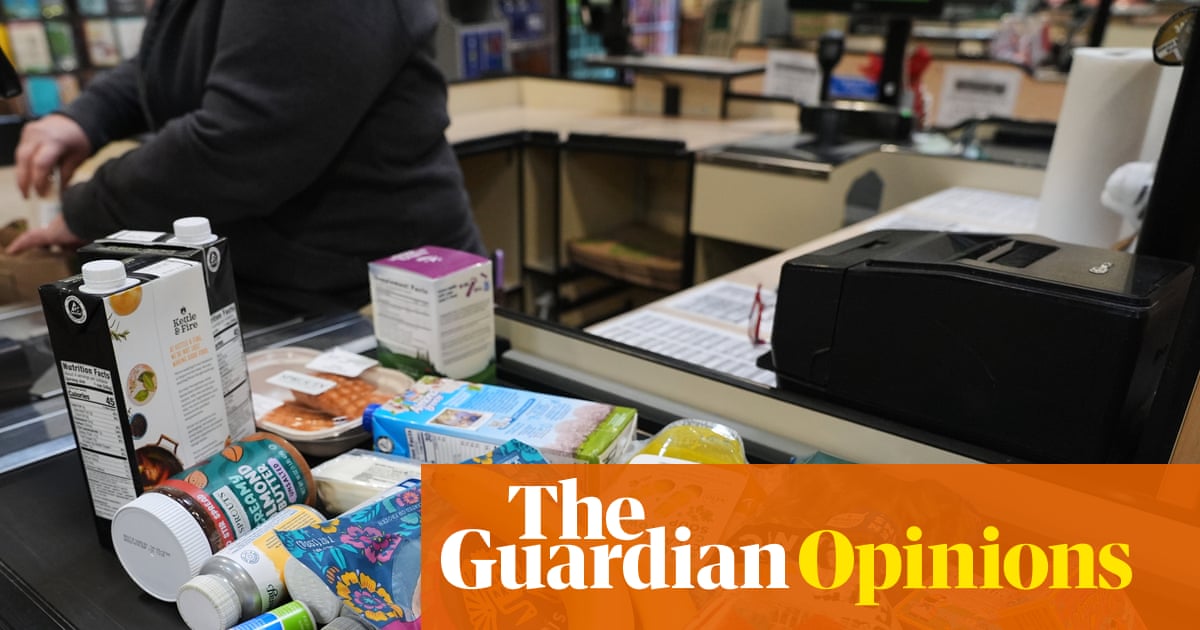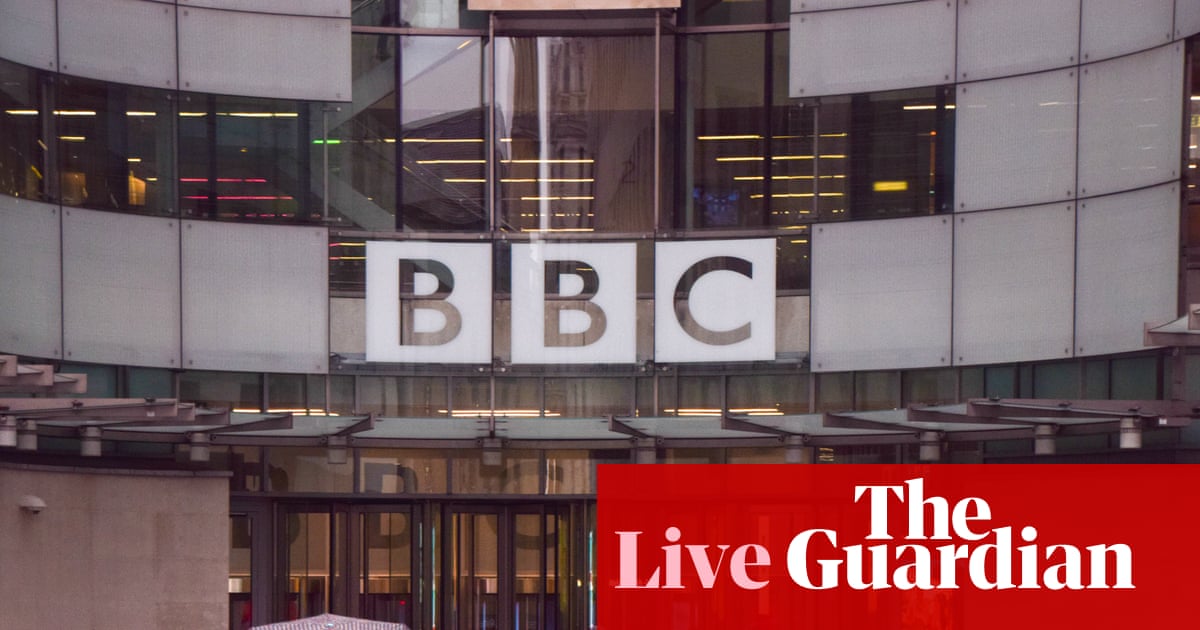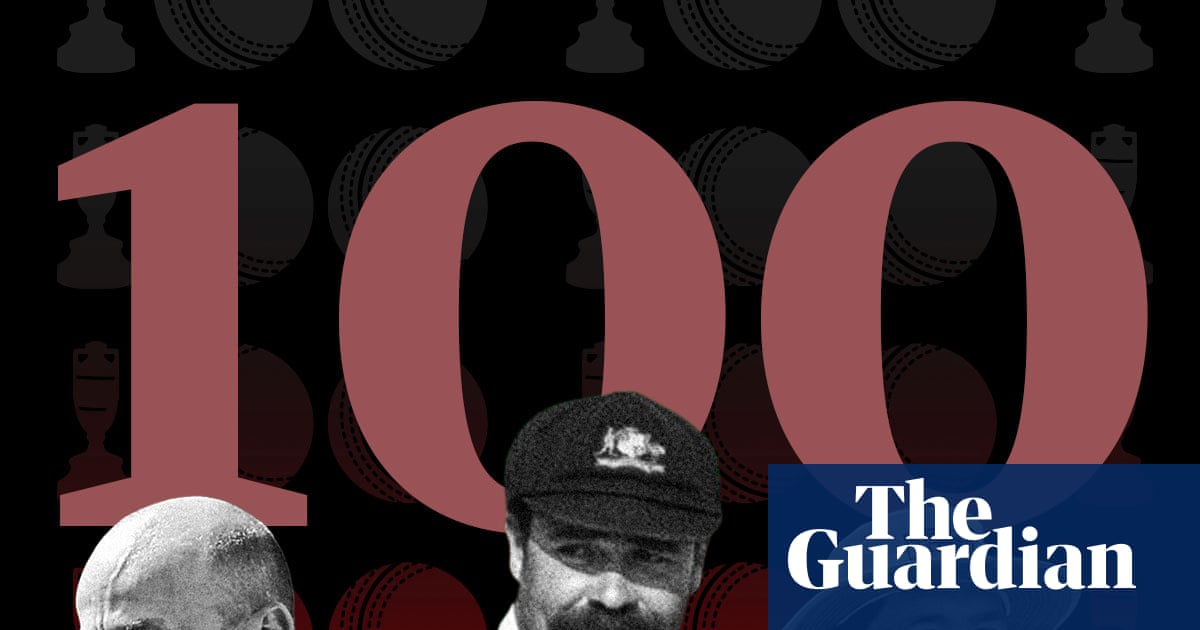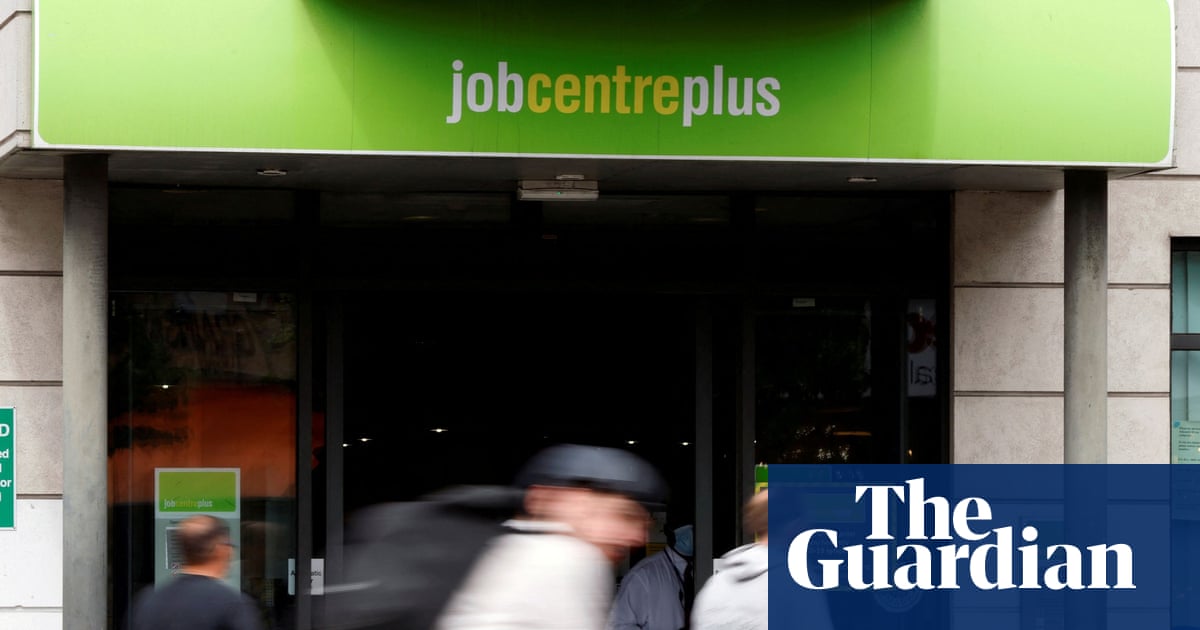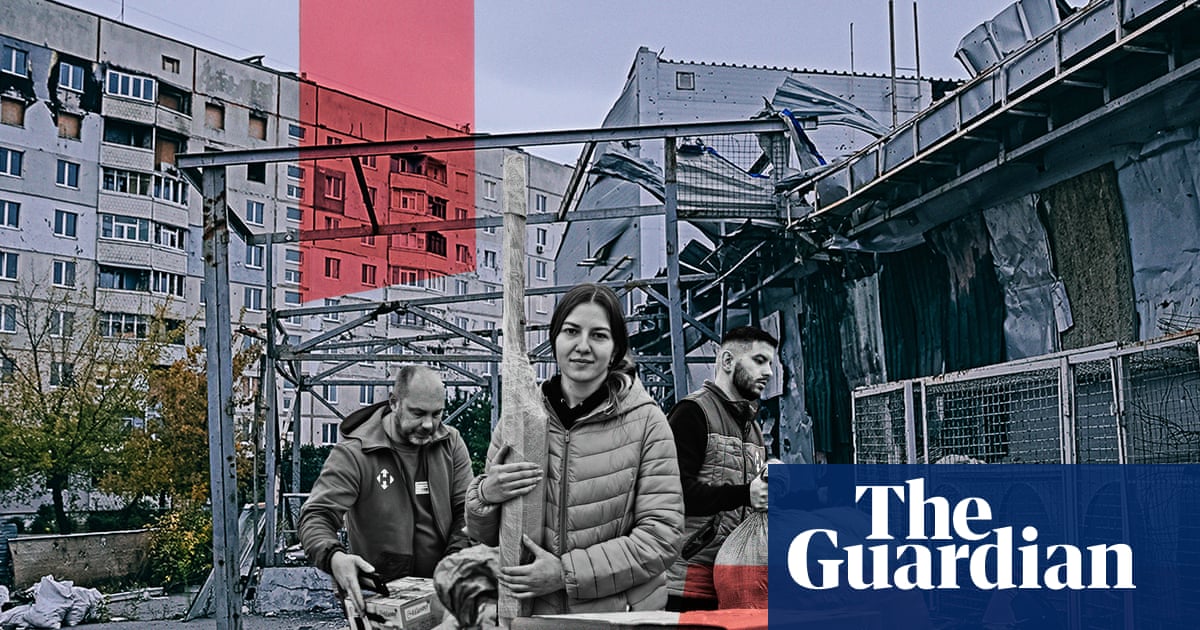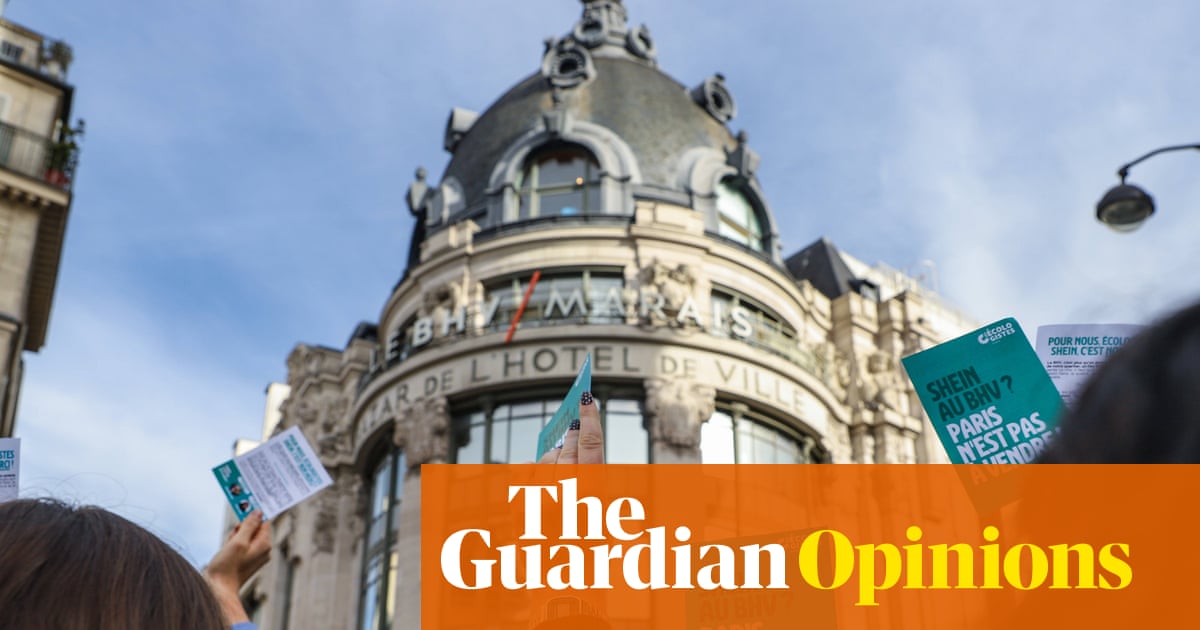Keir Starmer doesn’t see himself as the leader of a coalition government. With 399 MPs and a working majority of 156, why should he?
One reason is that those numbers mark a high tide of anti-Tory feeling that receded as soon as Rishi Sunak’s rotten administration was swept away. Voters from diverse places with disparate grievances embraced Starmer’s promise of change, often uncertain what it meant in practice. They needed reasons to be glad of the choice they had made and haven’t found them. Support for the government has tanked as a result.
Labour MPs are miserable. There is disaffection in every faction. It afflicts even the cadre of ultra-loyal “Starmtroopers” whose selection as parliamentary candidates was supposed to guarantee a compliant Commons. Ambitious newbies who thought they were embarking on a political career are doubtful of survival at the next election. They are less easily induced to obedience by whips.
This is another reason why Starmer needs to get into the bridge-building trade. Labour, like all parties, is a coalition of divergent opinions held together by an intuitive sense of common history and purpose. A leader can alienate some supporters for the sake of election success if pragmatic compromise doesn’t look like dissolution of core principle, and as long as it works. Starmer passed those tests in opposition. Now, not so much.
Cabinet changes hastened by Angela Rayner’s resignation are supposed to consolidate the prime minister’s grip on policy, promoting people who will drive the Starmer agenda harder and faster. Shabana Mahmood is tasked with getting immigration, legal and irregular, under control with more alacrity than Yvette Cooper. Pat McFadden must transform “economically inactive” benefit claimants into productive workers by some method that eluded Liz Kendall. That will free up money for Rachel Reeves, one of the few cabinet members not to have been shuffled, to invest in public services and growth-boosting infrastructure. This is “phase two” of the project, when the public should start to notice delivery of the change that was promised.
To disgruntled Labour MPs it looks like doubling down on a failing strategy. Some discontent will be flushed out in the competition to fill the deputy party leadership post that Rayner vacated. The belief that tax raids on hoarded wealth can obviate the need for painful budget cuts will get an airing. So will the view that Reeves’s fiscal rules are more disposable than she (or the bond market she can feel breathing down her neck) supposes.
That debate won’t settle the bigger strategic problem that Starmer’s main rival is Nigel Farage, and that Reform UK’s preferred campaign issue lures the prime minister ever-further from his party’s comfort zone. Labour can’t afford to ignore public demand for immigration control. But Starmer’s apparent acceptance of Farage’s argument – that Britain is swamped with marauding foreigners – drives demoralised progressive voters elsewhere, to the Liberal Democrats, the Greens or the new party headed by Jeremy Corbyn and Zarah Sultana.
The Labour leadership has been slow to recognise a threat on that flank. Smaller parties are seen as unserious, not contenders for power, receptacles for midterm protest votes. When a general election focuses attention on the question of who should run the country, and the choice is binary – Starmer or Farage – the raised stakes bring a different calculus into play.
That’s the theory, and there is evidence to support it. The Labour leader’s approval ratings are abysmal, but he beats his Reform counterpart on the question of preferred candidate to be prime minister.
Fear of the alternative is an incomplete plan to woo voters who have fled leftwards. The missing component is a sense of the country moving in the right direction. There is time to make that happen. But squandering the first year, when public goodwill and party discipline were likely to be at their peak, was not an encouraging start.
Large parties have always counted on support from people who hold their noses and vote for the candidate they don’t like to obstruct the one they despise. But that dynamic might be changing in an era of alienation from all mainstream political institutions.
The veteran pollster Peter Kellner draws the distinction between political “consumers” and “devotees” of a party. The former make a transactional choice. The latter connect with their preferred party on an emotional level, as validation of identity. Green and Reform supporters tend to be devotees. Labour’s 2024 election win was the aggregate of many consumer choices. If people don’t like the taste of what they are being served, they won’t stay loyal to the brand.
To get a sense of what that decay looks like if not reversed, Labour MPs can glance across the Commons at the pitiful state of the Conservatives. Kemi Badenoch has not sparked the interest of non-aligned political consumers, and the spirit of radical rightwing devotion now fires Reform. The Tory leader shows no interest in winning back the scores of former heartland seats that elected Lib Dem MPs last year, nor any understanding of why that happened.
after newsletter promotion
The Conservatives are paralysed by the dissonance between their sub-20% polling share and the feeling of entitlement to twice that much support as Britain’s historical party of government. Some Tory MPs expect a tipping point next year, probably after local and devolved elections, when it becomes clear that Farage can offer better prospects of a seat and maybe even a return to power. Then a trickle of defections becomes a flood.
The era in which any party can poll higher than the low 30s may be over. An electoral system that gave a perverse picture of national preferences when there was a two-party duopoly goes completely haywire when four or five parties score in the high teens or 20s.
Last year, Labour campaign strategists shrewdly gamed the caprice of first past the post to convert a modest 33.7% share into a huge majority. Farage could plausibly replicate that trick. To become prime minister, he doesn’t need to be embraced by the nation, just preferred by enough people in enough seats, and for his rivals to take big enough chunks out of each other’s support.
Just as feasibly, he could be thwarted by the anyone-but-Farage majority. Lib Dems might continue siphoning moderate ex-Tory voters away from Badenoch’s moribund party. Ed Davey would be in a position to enable a second Starmer term, even if Labour sheds scores of seats.
These are speculations about a distant realm. Last year’s election feels long ago. The one before that seemed to herald a decade of Boris Johnson hegemony. He was gone within three years. Not much is predictable in this era of fractured trust and fragmented allegiance. Except perhaps that politics won’t be contained by the old party lines and all leaders, including the current prime minister, should get into the business of building coalitions.
-
Rafael Behr is a Guardian columnist

 2 months ago
42
2 months ago
42







